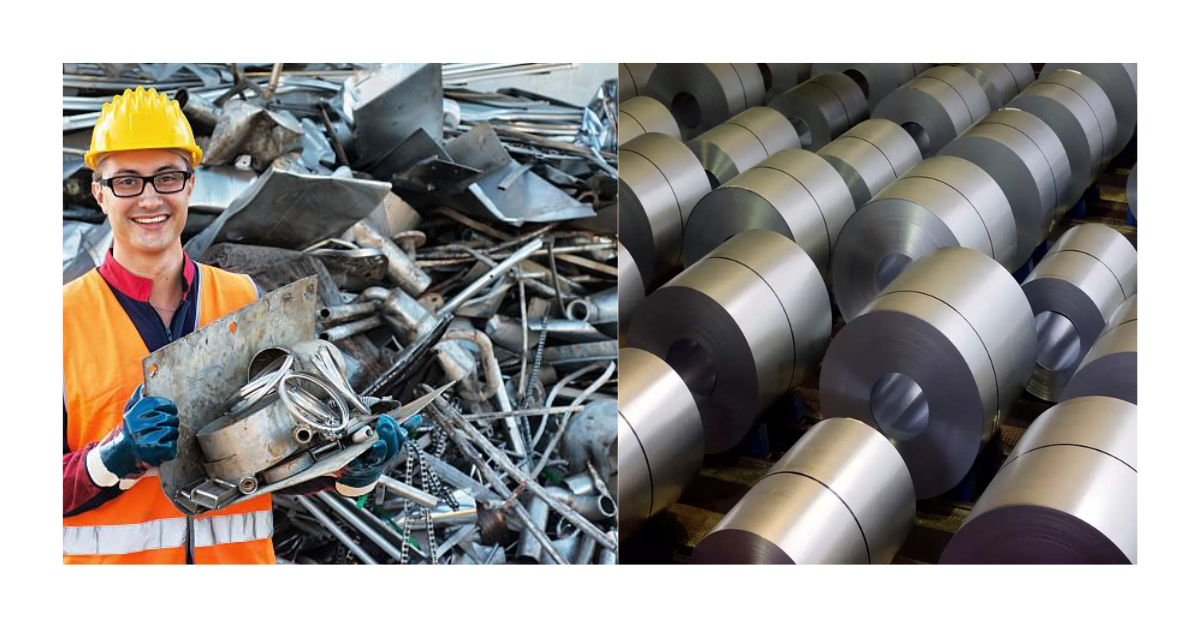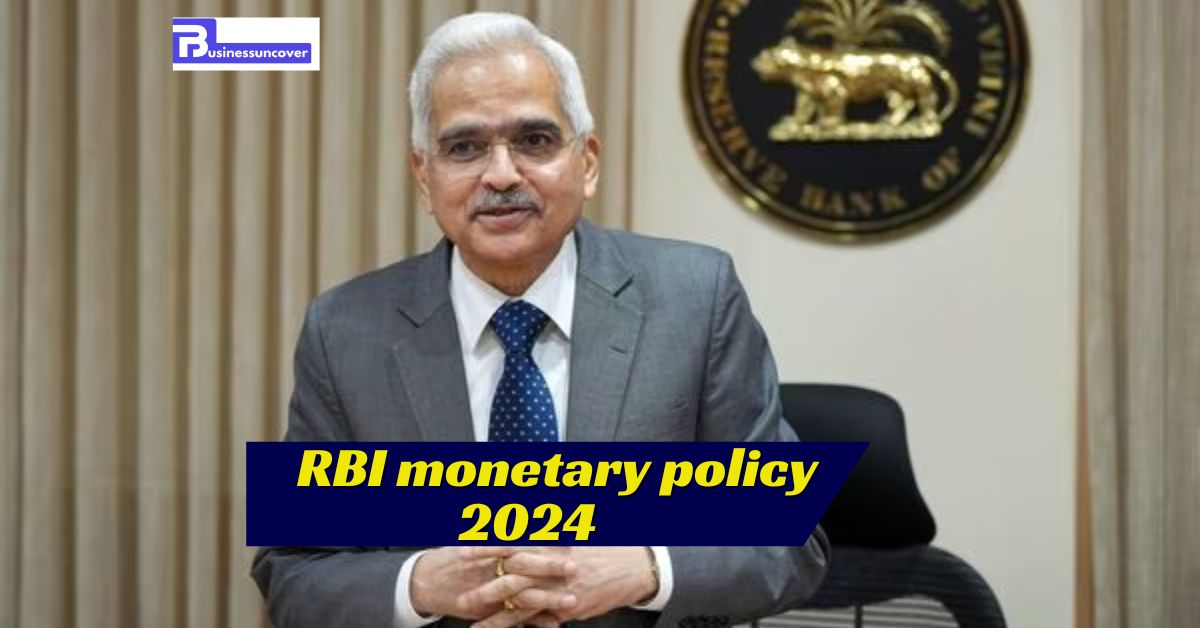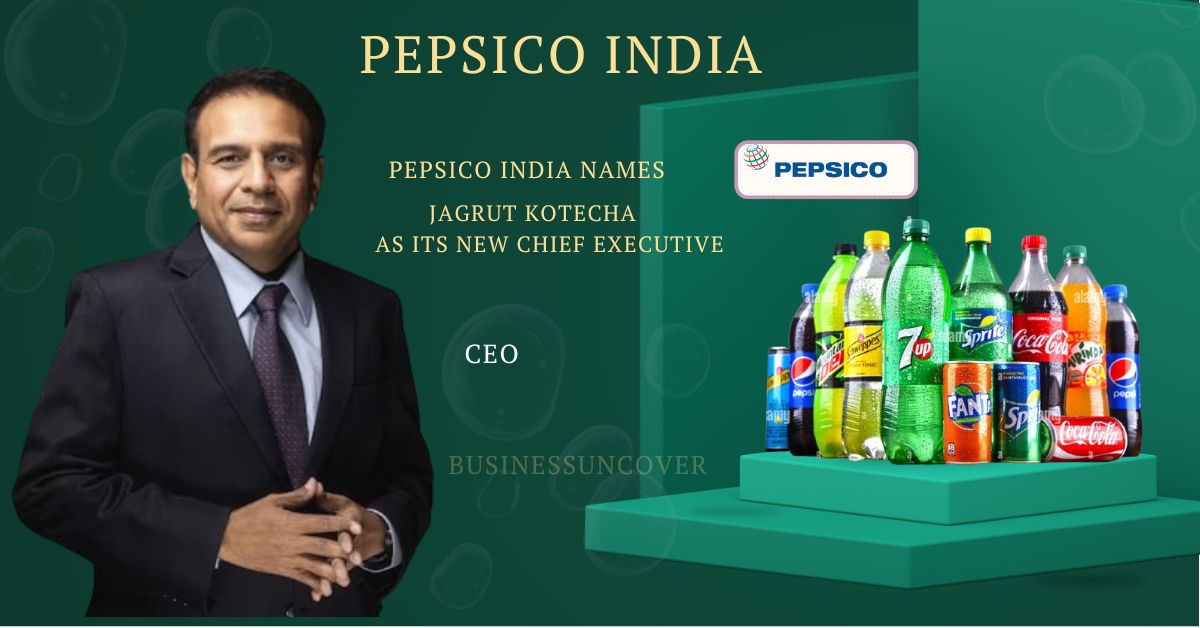Steel: The European Union’s efforts to cut industrial emissions may result in restrictions on scrap metal shipments, which could hinder India’s efforts to expand its steel industry.
In an effort to use fewer polluting feedstocks—such as iron ore—in the production of steel, nations are recycling more scrap at home. To meet its goal of doubling its steel production capacity to 300 million tons by the end of the decade, India, which has a small consumer base and is therefore scrap deficient, depends heavily on imports.
Producers keep an eye on changes in policy, such as the EU’s recent update to its waste shipment regulations in response to China’s tightening of scrap metal export restrictions. According to the bloc’s proposal, waste should only be transferred to nations outside of the Organization for Economic Cooperation and Development if those nations are able to fulfill stringent environmental requirements.
“Due to the implementation of a circular economy at home, every country is going to protect its scrap,” Material Recycling Association of India president Sanjay Mehta stated in a Mumbai interview. “We’re going to be in a very difficult situation,” he said, because India’s supplies will probably be restricted as a result of the EU’s new rules.
As per the industry group, India is the largest buyer of scrap from the US, Central and South America, Asia, and the Middle East, and it is the largest destination for scrap from Europe after Turkey. By the end of the decade, the nation will consume 50% more ferrous scrap metal—60 million tons—while imports will nearly double to roughly 20 million tons.
Based on data from the trade ministry, the country in South Asia imported metal scrap valued at approximately $12 billion in 2022—more than twice as much as it did just five years prior. Steel scrap, which is used as feedstock in induction and electric arc furnaces, made up nearly half of the incoming cargo.
According to Dhawal Shah, a partner at trading firm Metco Ventures LLP, the US, Europe, and the Middle East want to ensure that these productive raw resources do not flow out easily. To ensure sufficient supplies, “India will need to work more aggressively,” he continued.
In order to maintain trading with the EU following the implementation of its cross-border carbon tax, Mehta stated that Indian producers such as Tata Steel Ltd., JSW Steel Ltd., and ArcelorMittal Nippon Steel Ltd. are expected to utilize more scrap. At the beginning of 2021, Tata Steel established its first steel recycling facility in northern India.
The low amount of old cars being disposed of has limited India’s recycling infrastructure, which means the country will continue to rely on imports to meet its rising demand, according to Mehta.
In an effort to promote recycling and get outdated, environmentally harmful cars off the road, the Indian government introduced a scrapping policy in 2021, but little has changed in terms of adoption.
“India has begun recycling its end-of-life vehicles today; tomorrow, it may move on to white goods, refrigerators, and air conditioners,” Shah stated. “I believe that the import dependency ratio will naturally decline as society develops and the amount of scrap produced domestically increases.”







